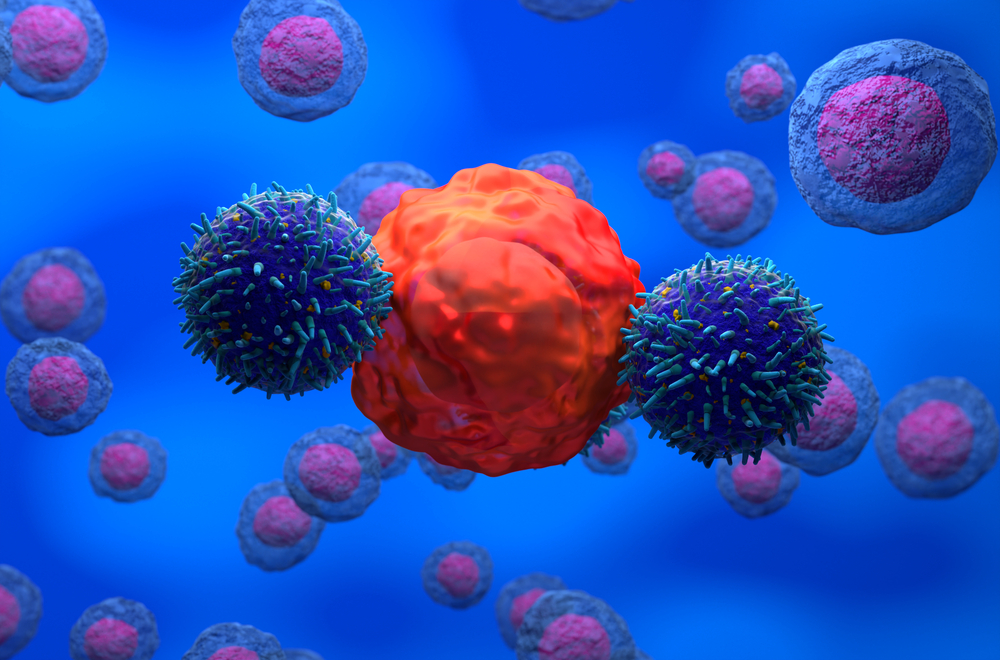Recently, MaxCyte announced that the company’s chimeric antigen receptor (CAR) cell therapy for the treatment of solid tumors based on non-viral messenger RNA (mRNA) technology has been approved by the Food and Drug Administration (FDA) to start clinical trials. At the same time, this is the first CAR project MCY-M11 (targeting the mesothelin) wholly owned by MaxCyte.
Patients with relapsed/refractory ovarian cancer and peritoneal mesothelioma will be treated by intraperitoneal injection. In addition, CAR therapy for the treatment of other solid tumors by intravenous injection is also in a preclinical development state.
Previously, MaxCyte has been well known in the industry as a global leader in electrical transfection. But at the same time, the company is also working to develop its own therapy. Among them, MCY-M11 is a candidate drug for the next generation of CAR engineering cell therapy, which is developed through the company’s unique CARMA technology platform.
Peripheral blood mononuclear cells (PBMCs, the precursor of macrophages) were designed using mRNA to express CAR against cancer cells. Distinguished from traditional CAR therapy, this CAR therapy provides transient expression without the need for viral vectors or cell expansion, enabling rapid manufacturing and timely return to the patient.
In addition, it should be noted that this ongoing CAR therapy is based on macrophages. In other words, it can directly phagocytose and kill cancer cells and trigger T cell responses, playing a dual anti-cancer effect. Compared with traditional CAR-T, it can penetrate deep into the tumor more effectively.
Traditional CAR-T therapy is not effective in treating solid tumors. On the one hand, it is difficult to reach the tumor site. On the other hand, if it reaches the tumor site, it will encounter an immunosuppressive microenvironment.
But these seem to be nothing in the eyes of macrophages. These seemingly bloated phagocytic cells are responsible for scouting blood and tissue for proteins or cells that need to be removed. They infiltrate the tissue and stay there, phagocytizing the cells when needed. Therefore, reaching the tumor site is completely okay for such cells.
In addition, MaxCyte’s unique CARMA technology platform does not require the use of viral vectors to participate in the engineering design of cells, which greatly shortens the patient’s treatment cycle and is more secure. Here, we look forward to this new CAR therapy to shine in solid tumor clinical trials.
Doug Doerfler, CEO of MaxCyte, said: “We are pleased to advance MCY-M11, our first solid tumor treatment candidate, into the clinic. It is an important milestone for us.”
About Creative Biolabs
As a global company, Creative Biolabs has more than 200 talented and well-trained scientists located on different continents working closely with partners from the entire world to develop and produce medicines of tomorrow. Specifically, Creative Biolabs is the established leading expert in TCR and CAR T&NK cell immune therapy development, as it offers the one-stop custom services that cover the entire new drug development pipeline.

